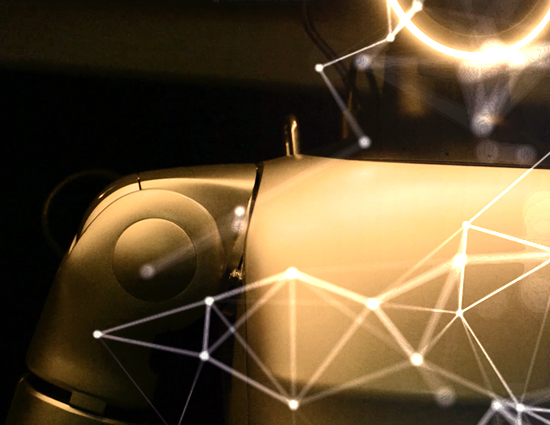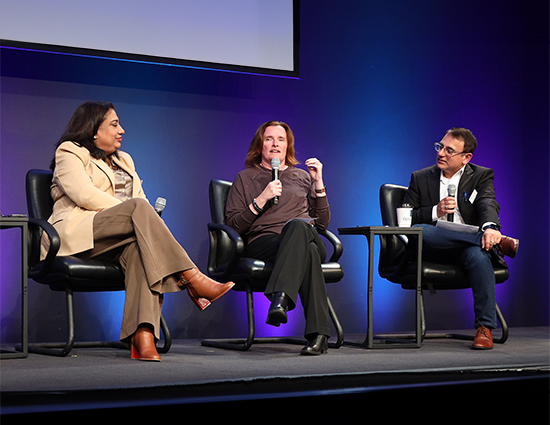Insights
From stratospheric antennas to implantable bio-sensors, from the thermodynamics of carbon capture to quantum technology and AI-designed biology, we use deep tech to challenge and change the status quo.
Read our latest research and insights to help you see beyond the innovation hype and find out how emerging technologies are solving important business problems.

AI-powered networks are coming – telecoms must choose its path now

How we’re taking physical AI from simulation to reality

Mastering fine manipulation for physical AI

Telecoms can become the backbone of physical AI, or miss their moment

Our collaboration with Northern Powergrid helps drive the urban Community DSO smart energy initiative

Building trust into physical AI

Plugging the AI ‘uncertainty gap’ between innovation and trust

Refining whole body control to bring the ‘physical’ to physical AI


